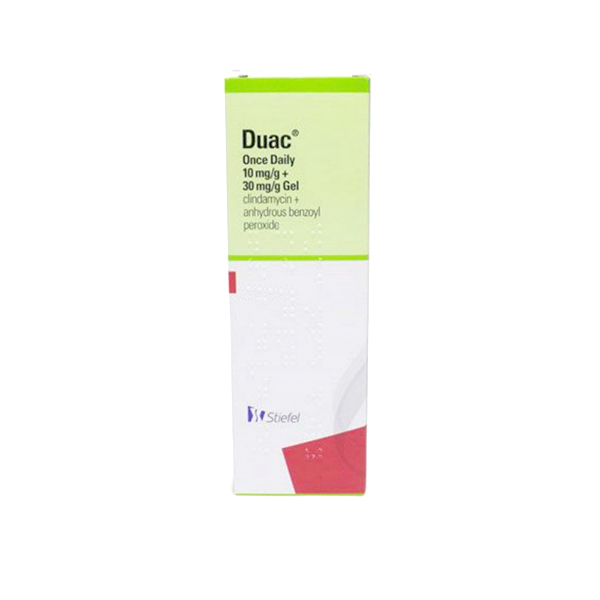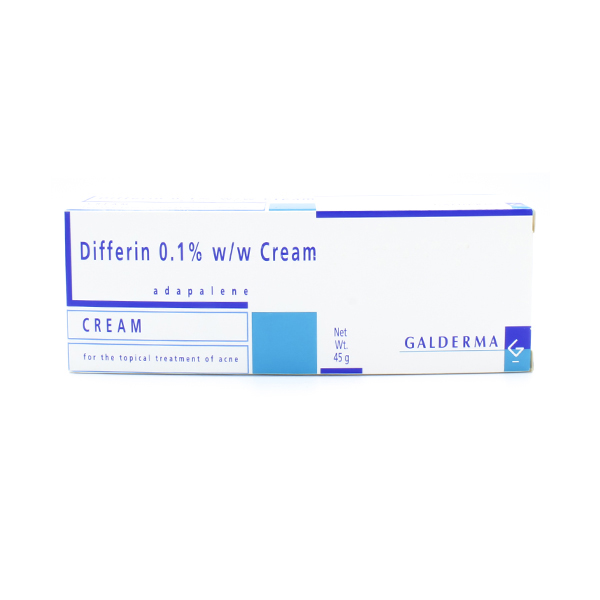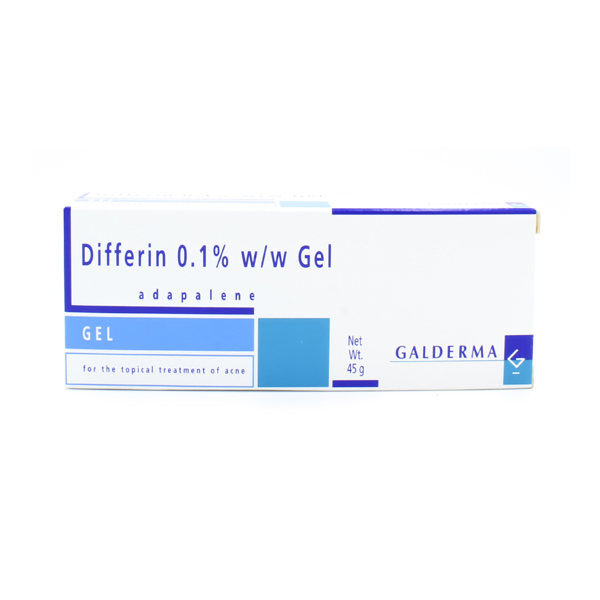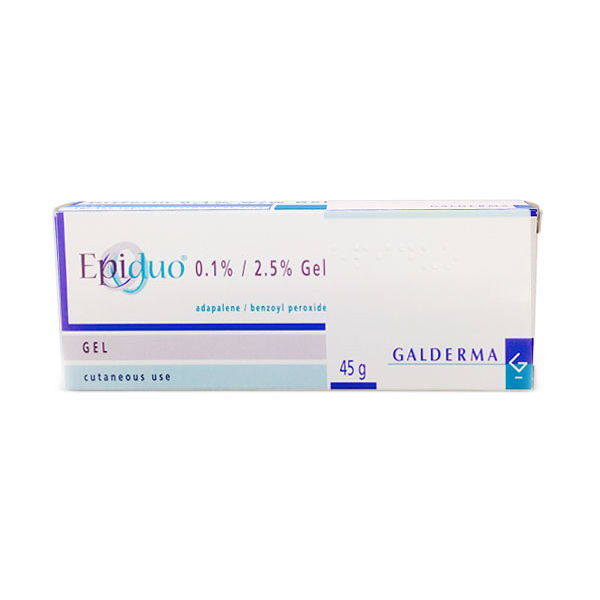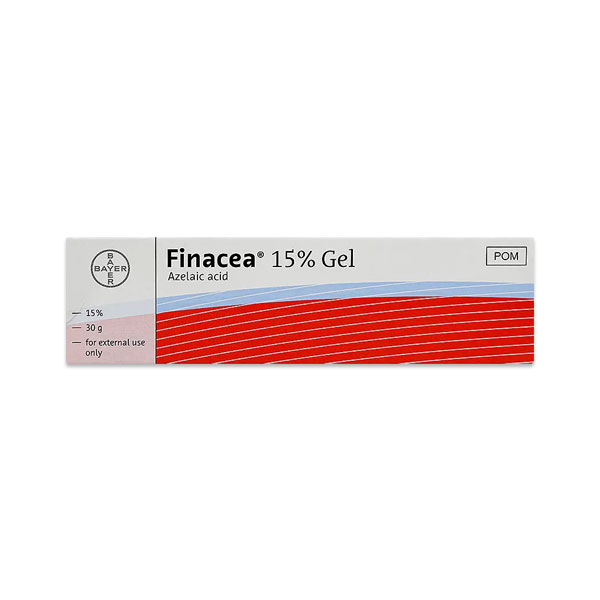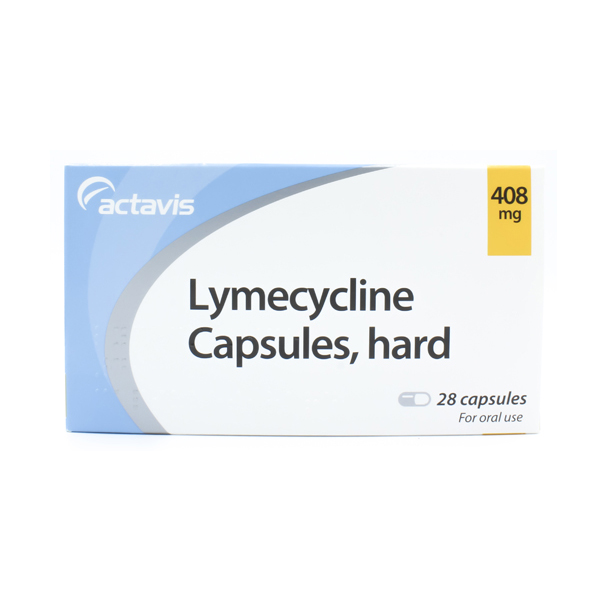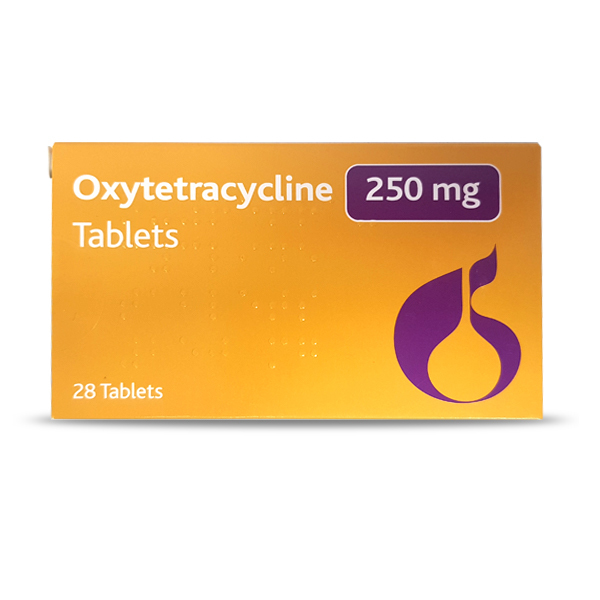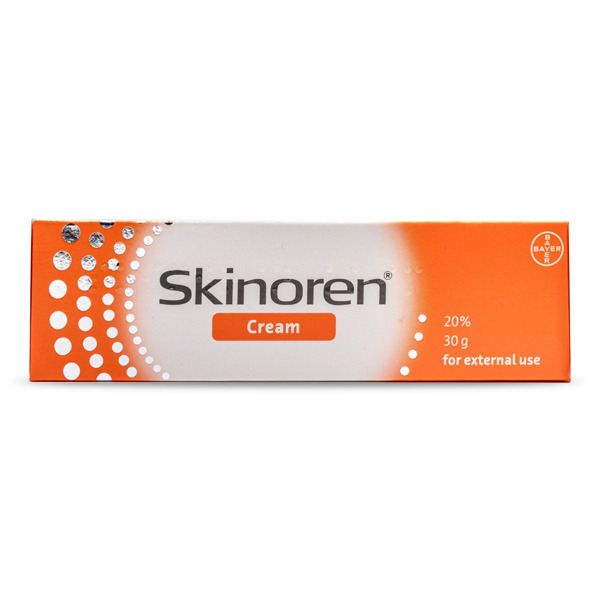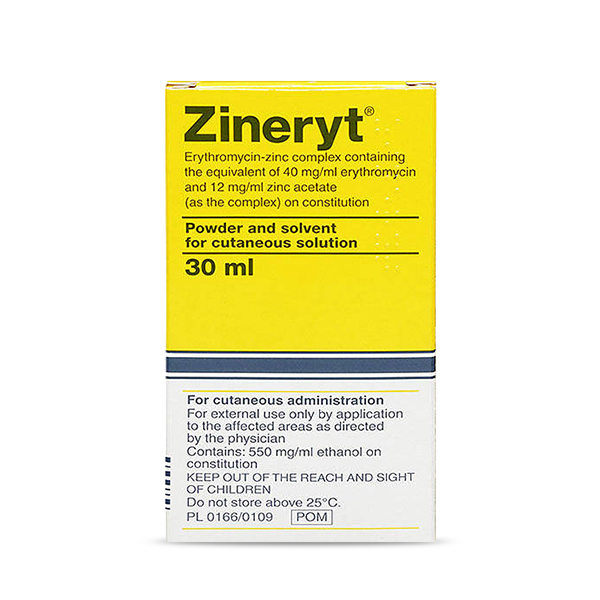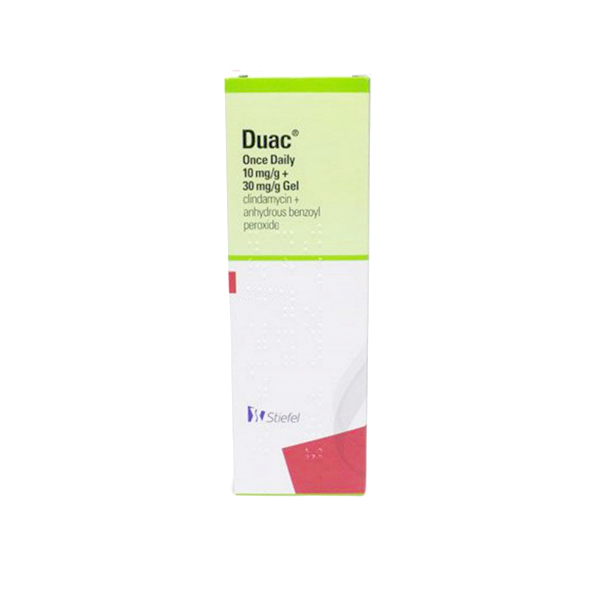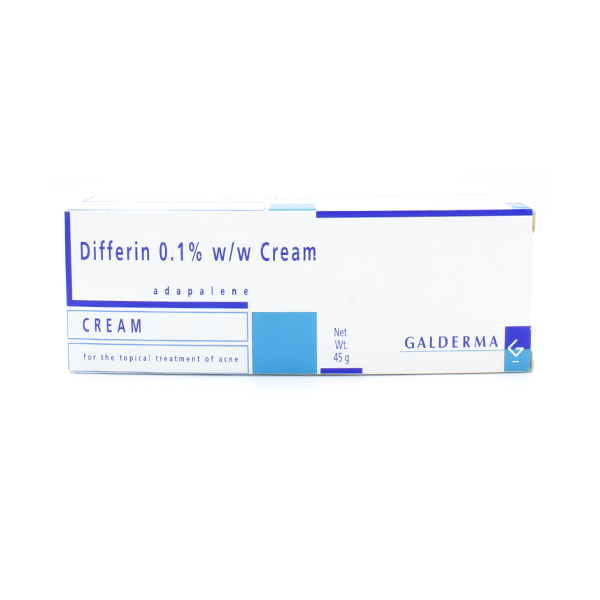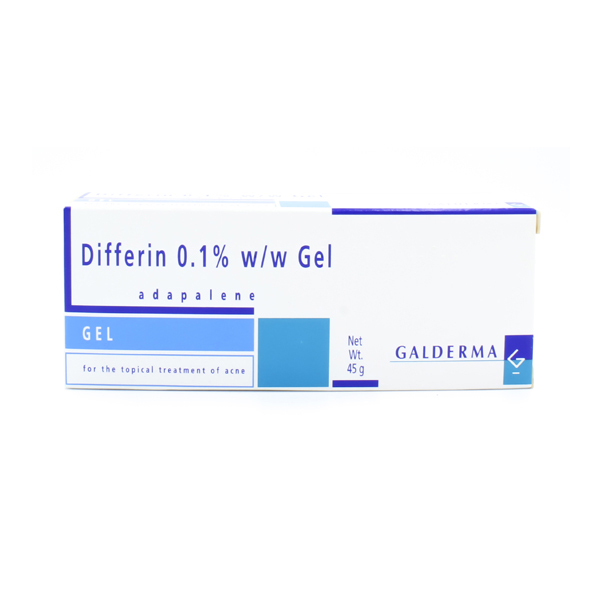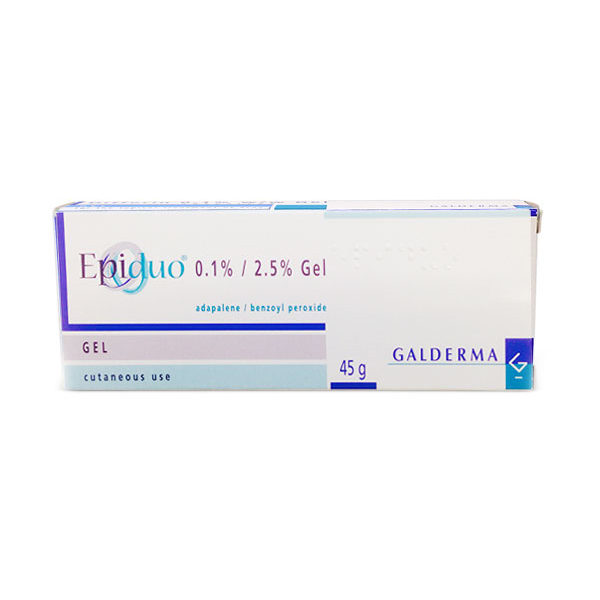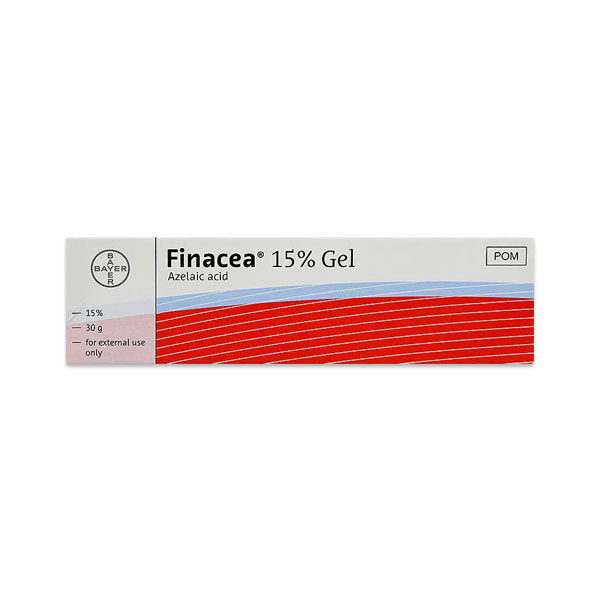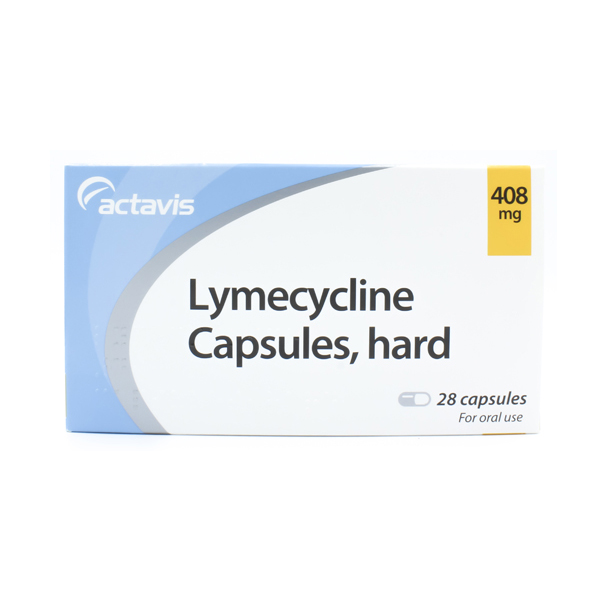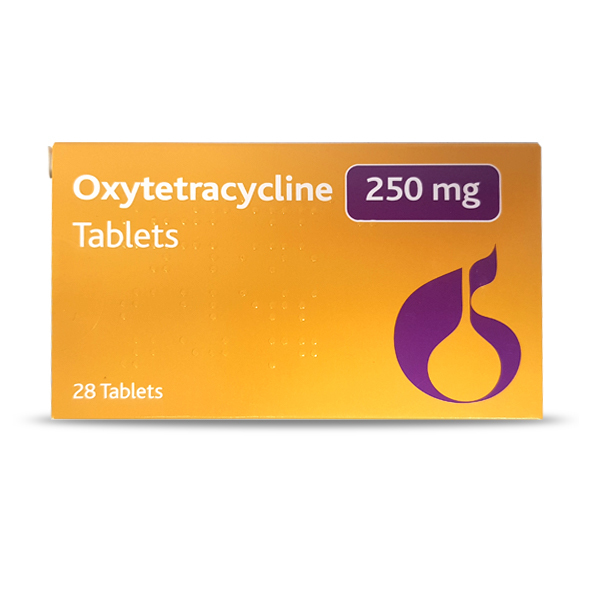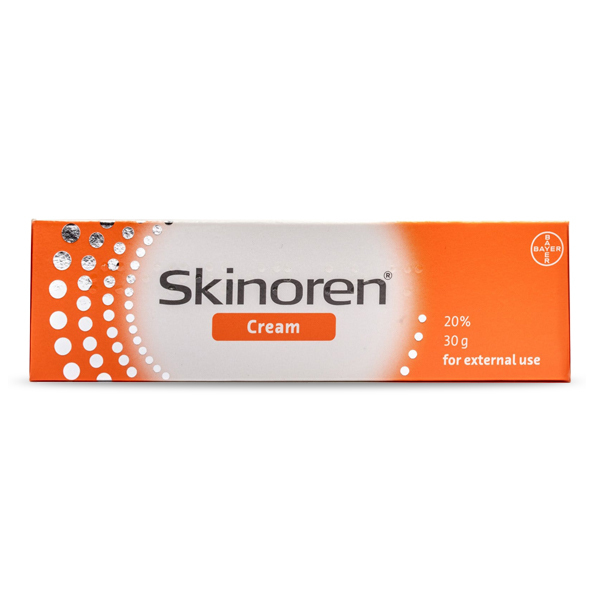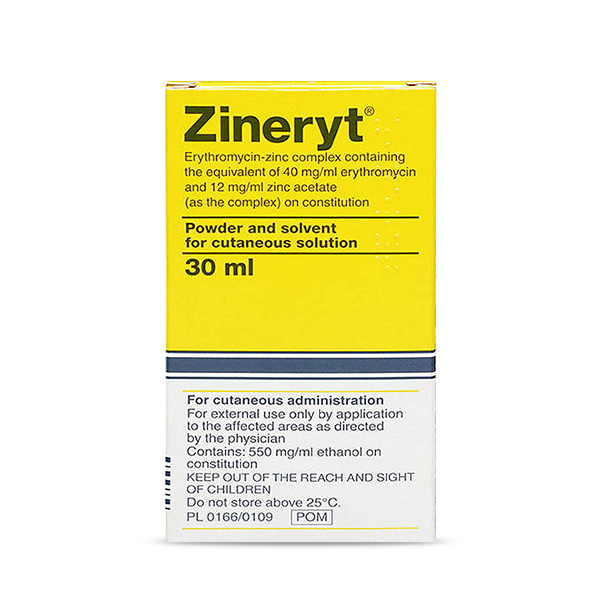Acne meds prescribed online, delivered discreetly to your door
We will recommend a personalised treatment plan for you
Acne treatments
See all Acne treatmentsAbout 95% of people aged 11 to 30 are affected by acne to some extent, but it isn’t only a condition of the young as 3% of adults over 35 are affected by acne.1
Acne is a very common skin condition that affects most people at some point in their life. It is characterised by spots on the face, upper back or chest. Acne on the face is the most common, back acne affects about half of people and around 15% will have symptoms affecting the chest.1 These spots can be classed as mild to severe and include comedones (whiteheads and blackhead), papules, pustules, nodules and cysts.
Acne frequently starts in puberty and often resolves itself by your early twenties, but it can affect you at any age and may develop for the first time later in life. Acne can be very distressing and can have a real impact on your self-confidence. It is important that you treat it early on and don’t wait for it to ‘get bad’ before seeking out help and treatments.
There are many common myths that acne is caused by poor hygiene or a diet of fast food and chocolate, but evidence suggests that these do not cause acne and it is more likely to be due to a genetic or hormonal cause.
Acne treatments
DUAC Once Daily
Duac Once Daily gel is a topical treatment for mild to moderate acne. It contains two active ingredients: clindamycin is an antibiotic which stops the bacteria involved in acne from reproducing and benzoyl peroxide reduces blackheads and whiteheads and kills the bacteria involved in acne.
Differin Cream
Differin Cream contains adapalene, which is a form of vitamin A used in the treatment of acne. Differin has an anti-inflammatory effect and is used to reduce soreness and irritation of the skin.
Differin Gel
Differin Gel contain adapalene, which is a form of vitamin A used in the treatment of acne for its anti-inflammatory effect to reduce soreness and irritation of the skin caused by mild to moderate acne.
Epiduo Gel
Epiduo combines two active ingredients to treat acne. Adapalene work directly on the skin processes to help to reduce your acne and benzoyl peroxide is an antimicrobial that softens and peels the outer layer of skin.
Finacea 15% Gel
An effective topical treatment which contains azelaic acid, which is used to treat acne and rosacea.
Lymecycline
Lymecycline capsules are from a family of medicines called tetracycline antibiotics. It is used to treat acne by killing the bacteria which causes the infection and inflammation.
Oxytetracycline
A prescription-only acne & rosacea treatment used to treat bacterial infections, by controlling bacteria and inflammation.
Skinoren Cream
A topical cream containing Azelaic Acid used in the treatment of acne vulgaris and rosacea.
Zineryt
A powder and solvent for used the treatment of acne vulgaris in children, adults and the elderly.
Let's take care of it
We'll provide you with a tailored treatment plan from a UK registered doctor
Receive genuine medication shipped discreetly to your door
Frequently asked questions about acne
-
What causes acne?
It is commonly thought that acne is cause by something we do such as not washing enough or eating the wrong foods. The true cause of acne is largely unknown, but it has been linked to a number of factors.
Family history
Acne is known to run in families. If both your mother and father had acne, it’s likely that you’ll also have acne.Hormone levels
Acne is commonly linked to the changes in hormone levels during puberty but can start at any age. Certain hormones cause the oil-producing glands next to hair follicles in the skin to produce larger amounts of sebum (oil). This additional sebum changes the activity of a usually harmless skin bacterium called P. acnes, which can become more aggressive and causes inflammation and pus. The hormones can also thicken the inner lining of the hair follicle, causing a blockage of the pores. Cleaning the skin does not help to remove this blockage.Hormone changes linked to pregnancy and menstrual cycles may also trigger episodes of acne in women.
-
Are there different types of spots?
You may think that spots are just spots, but there are different types:
1. Blackheads (comedones) – small black or yellowish bumps that develop on the skin; they’re not filled with dirt, but are black because the inner lining of the hair follicle produces colour
2. Whiteheads (comedones) – have a similar appearance to blackheads, but may be firmer and will not empty when squeezed
3. Papules – small red bumps that may feel tender or sore
4. Pustules – similar to papules, but have a white tip in the centre, caused by a build-up of pus
5. Nodules – large hard lumps that build up beneath the surface of the skin and can be painful
6. Cysts – the most severe type of spot caused by acne; they’re large pus-filled lumps that look similar to boils and carry the greatest risk of causing permanent scarringYou may think that spots are just spots, but there are different types:
1. Blackheads (comedones) – small black or yellowish bumps that develop on the skin; they’re not filled with dirt, but are black because the inner lining of the hair follicle produces colour
2. Whiteheads (comedones) – have a similar appearance to blackheads, but may be firmer and will not empty when squeezed
3. Papules – small red bumps that may feel tender or sore
4. Pustules – similar to papules, but have a white tip in the centre, caused by a build-up of pus
5. Nodules – large hard lumps that build up beneath the surface of the skin and can be painful
6. Cysts – the most severe type of spot caused by acne; they’re large pus-filled lumps that look similar to boils and carry the greatest risk of causing permanent scarring -
What treatments are available for mild, moderate or severe acne?
The appropriate acne treatment will depend on the degree of acne. This is difficult to define and best judged face to face or via clear photographs.
Mild Affects one area, most likely the face. The spots seen are mostly whiteheads and blackheads, with a few papules and pustules. – Topical treatments applied directly to the skin are the first-choice treatment for acne. They contain:
– Benzyol peroxide
– Retinoids (e.g. adapalene (Differin), tretinoin, isotretinoin)
– Topical antibiotics (e.g. erythromycin, tetracycline and clindamycin)
– Azelaic acid
– Nicotinamide)
– Skinoren
– ZinerytCombination:
– Benzoyl peroxide with retinoids i.e. adapalene (EpiDuo)
– Benzoyl peroxide with topical antibiotics
– i.e. clindamycin (DUAConcedaily)Moderate May affect more than one area across face back and chest. More widespread whiteheads and blackheads, with many papules and pustules. If the topical treatments above do not settle symptoms, oral antibiotics containing tetracyclines (i.e. lymecycline) or erythromycin should be considered. Depending on severity you may combine topical and oral treatments.
Severe Likely to affect more than one area across face back and chest. Lots of large, painful papules, pustules, nodules or cysts; possibly with some scarring. If there is no significant improvement with trials of oral antibiotics referral to a dermatologist should be considered Other effective treatments for acne include oral contraceptives for women, isotretinoin, light and laser therapy. We do not provide these treatments at PrivateDoc, but you can find out more by speaking your GP or a dermatologist.
-
How long will it take to see results?
There are varying recommendations for when to expect to see results based on the prescription you are issued. Prescriptions for acne can be used alone or in combinations, depending on what your prescriber advises. Treatments include; topical retinoids, topical antibiotics, azelaic acid, antibiotic tablets and for some women use of a contraceptive pill. Many treatments can take 2-3 months before they start to work so it is important to remain patient and persist with a recommended treatment - even if the effects are not obvious immediately.
Topical retinoids and antibiotics are usually prescribed for a 6-8 week course and then stopped to avoid your body becoming resistant to antibiotics.
Antibiotic tablets for acne treatment typically take around 6 weeks for noticeable improvements.With hormonal treatments such as the pill, results typically can be seen faster but may take up to a year before the full benefits are known.
-
What else can I do aside from treatments to help clear my skin?
The treatments that you will use to help clear your skin are not intended to replace regular washing. You will need to include these treatments into your daily skincare routine.
Cleanse your skin morning and night, remove any traces of make-up with a mild gentle soap, cleanser or water or oil-free soap substitute. Be gentle, if you over-wash, scrub too hard, the water is too hot or too cold, you can aggravate the acne and irritate your skin.
Many topical acne treatments can dry out your skin leaving it red and irritated. You can apply oil-free moisturisers after you have cleansed, look out for products labelled as ‘non-comedogenic’ which means that will not block your pores which can cause blackheads and whiteheads. If your skin is still irritated, your doctor may advise you to stop treatment for a few days or reduce the amount that you are using.
Try not to pick or squeeze your spots as can aggravate them and may cause scarring.
You may try to hide your spots with a well-placed fringe, but this can trap excess oil. Try keeping your hair clean and away from your face, even if it’s just while you’re at home.
Wearing make-up to disguise your acne can help you feel more confident. Look for products that are oil-free or water-based and labelled as being ‘non-comedogenic’, remember to fully remove your make-up at the end of the day.
-
Can acne be cured?
At present there is no ‘cure’ for acne, although the available treatments can be very effective in preventing the formation of new spots and scarring.
-
How does my order arrive?
All our medicines are sent via DPD or Royal Mail in discreet packaging. If we prescribe your medication before 2 pm, your order will be shipped the same day. We provide you with a tracking number so you can track your parcel right to your door.
-
What is Maskne?
Maskne, or mask acne is a type of acne breakout caused by wearing a face mask.
What Causes Maskne?
Maskne is caused by clogged pores and trapped dirt. Oil, dead skin and bacteria are already present on the skin but trapped under the mask and therefore build up causing skin issues. Masks also trap the humid air from your breath which increases your chances of acne.
Friction between the mask and face can also be a cause of maskne, as the rubbing between the skin and mask leads to irritation.
-
Can you treat Maskne?
Yes, we need to continue to wear masks in order to prevent the spread of Covid-19 and there are ways in which we can treat and try to prevent maskne.
We encourage washing your mask and face regularly and then seeking a consultation with us to advise on the best treatment for your skin to treat the acne. The biggest factor is consistency so to see results you will need to adhere to the programme set by your GP or prescriber.





